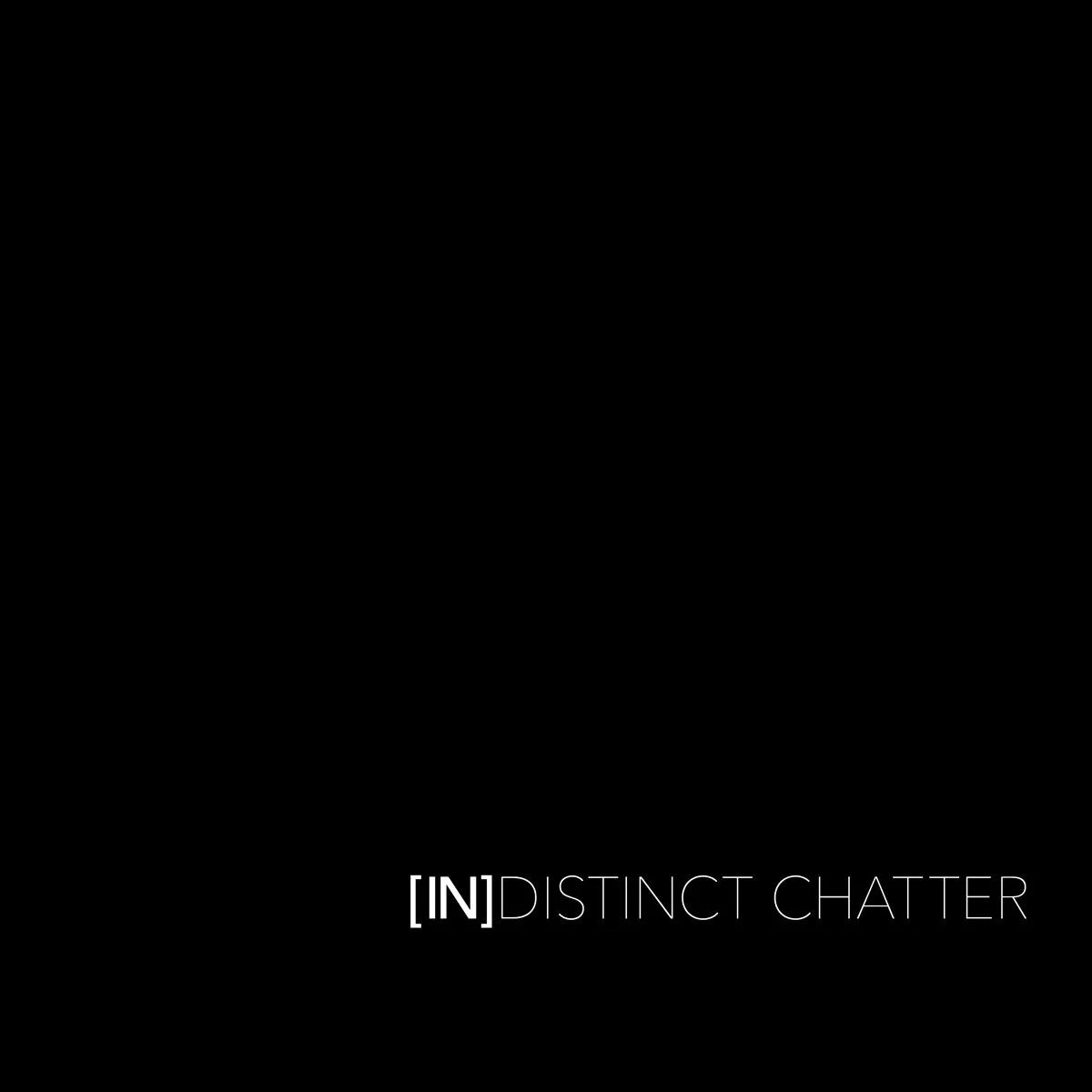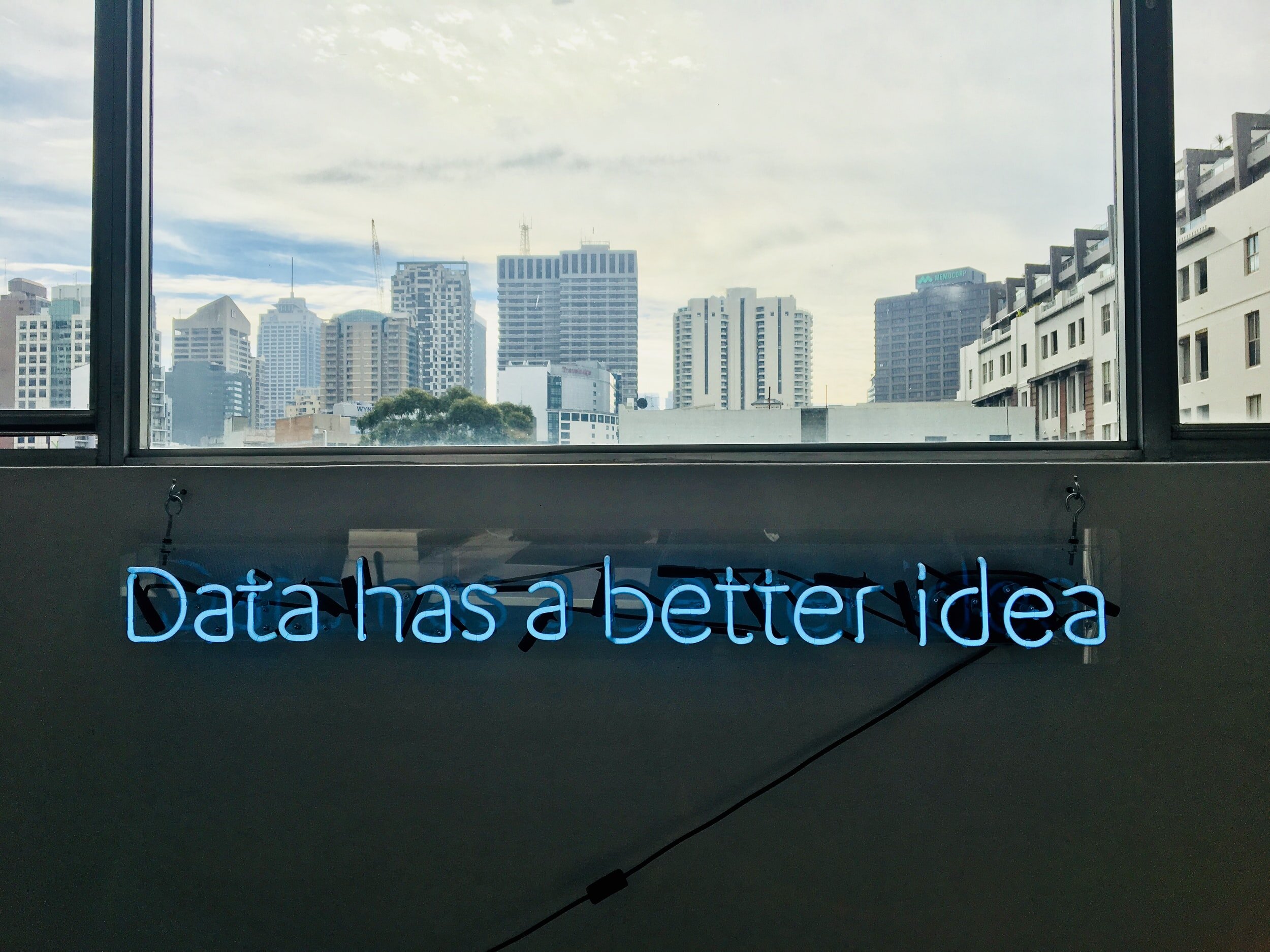
Compassionate Systems Framework
Listen to the principal of the British School of Jakarta, David Butcher, share his school's journey into the MIT Compassionate Systems Framework since 2018.

Metrics for Sustainable Ecosystems
We talk a good deal about ecosystems in the education sector. Indeed, the use of the term has become common parlance over the last ten years. It can apply to an individual school, in terms of the school being its own ecosystem. Likewise, and more aligned to what one might call a business ecosystem, there are membership associations, which are groups of independent organizations (schools) that choose to work together in order to create and deliver coherent solutions to the members of the association.

Rilke on Leadership
Rainer Maria Rilke (1875-1926) was an Austrian poet and novelist. A collection of ten letters, now known as Briefe an einen jungen Dichter (Letters to a Young Poet), was published after his death. This tome speaks to me as an educationalist and educational leader; the first letter in particular is quite powerful, when considering one's leadership journey. In this episode, Dr. Kevin Ruth reads an excerpt of the first letter in the collection, providing a framework for the reading that asks listeners to consider poetry, writing, and a 'work of art' as exemplifying what leadership is all about. In that vein, Rilke's words make us pause and reflect on our journey, irrespective of the stage of our journey. It is the inaugural podcast for [In]Distinct Chatter.

On Rules
One wonders whether our 'school rules' (think: practices and processes) might benefit from updating, in order to keep schools fit for purpose. Let us keep in mind that rules (policies, procedures, processes) were put into place with the current, temporal context in mind: that was the backdrop, and the rules corresponded to it. Rules tend to be designed to address specific issues; the intent behind rule-making is that those rules will apply for years to come. Some rules may indeed stand the test of time (for how long, one wonders?), yet others have lingered beyond their usefulness.

What if ‘Data-Driven’ is the Wrong Approach?
“In practice, making decisions with data often comes down to finding a purpose for the data at hand." This is backward thinking.